As if spending a winter working at Old Faithful isn’t fun enough in its own right, there’s a longstanding tradition of holding an informal “Winter Olympics” among seasonal employees—complete with opening ceremonies, 10 days of contests and events and even a closing ceremony.
A couple of employees at Old Faithful this winter didn’t wish to be quoted in this story, but your correspondent, a past employee of some years ago, can attest to the truth of the Snow Lodge Winter Olympics, which will conclude near the end of February this year.
The Olympics were going on at least as early as the late 1970s, a former Snow Lodger confirmed recently. The games were a way to boost morale and encourage socialization toward the end of the almost three-month winter season. The winter “games” vary from year to year, but over the years have included fun races as well as slightly more serious races.
One race is based humorously on the Birkebeiner cross-country ski race, which commemorates saving the infant prince of Norway by Birkebeiner skiers. The history of the “Birkie,” told at http://www.birkie.com/, says the Birkebeiner skies were “so called for their protective birch bark leggings, as they skied through the treacherous mountains and rugged forests of Norway’s Osterdalen valley during the winter of 1206, smuggling the son of King Sverresson and Inga of Vartieg to safety.”
A Norwegian race tradition that started in the 1930s is the model for the American Birkebeiner, held in Wisconsin every year.
In the Old Faithful race, skiers carry a 12-pack of beer to symbolize the weight of the infant prince. There are prizes for first place, last place and best costume.
Other games include softball on skis, football, tug-of-war on skis, a blindfolded chair tow race, a snow sculpture contest, a dartboard-and-ski “biathlon” and a downhill ski run called the “Waitri 500.” (Grammatical note: “Waitri” is the non-gendered plural for waiters and waitresses. The singular is “waitron.” )
In the Waitri 500, participants skied down a long, gradual slope holding a tray upon which a bowl of water is placed. The goal was to make it down the slope and to reach the finish line with water remaining in the bowl. Resourceful racers learned to head downhill with a mouthful of water, which could then be spat into the bowl.
There were three-legged races on skis. There’s a race where two participants share one pair of skis that have two sets of bindings for a “tandem” race. There was an obstacle course race where each racer participated with a ski on one foot and a snowshoe on another.
Gold, silver and bronze “medals”—spray-painted canned beer—are awarded.
The games are only for employees, but sometimes guests are allowed to watch.
In more recent years, the Winter Olympics also turned into an informal fundraiser for local nonprofits and in some cases for members of the extended employee “family” who need help with medical bills or similar issues. In the past, money has gone to the Bozeman-based Eagle Mount nonprofit. Eagle Mount provides therapeutic outdoor experiences for people with disabilities and children with cancer.
Funds have also gone to the West Yellowstone Ski Education Foundation, which promotes cross-country skiing for youth in the gateway community at Yellowstone’s west entrance.
“We’ve tried to keep it outdoors oriented,” a current employee says.
The funds are raised through selling T-shirts and other mementos and holding raffles and auctions during the “No-Talent Show” that’s part of every Olympics. In past years, people have donated park memorabilia or created handcrafted projects as auction items.
In recent years, a creative employee built an Adirondack-type chair out of old skis to auction off. Employees often bid items up into the hundreds of dollars.
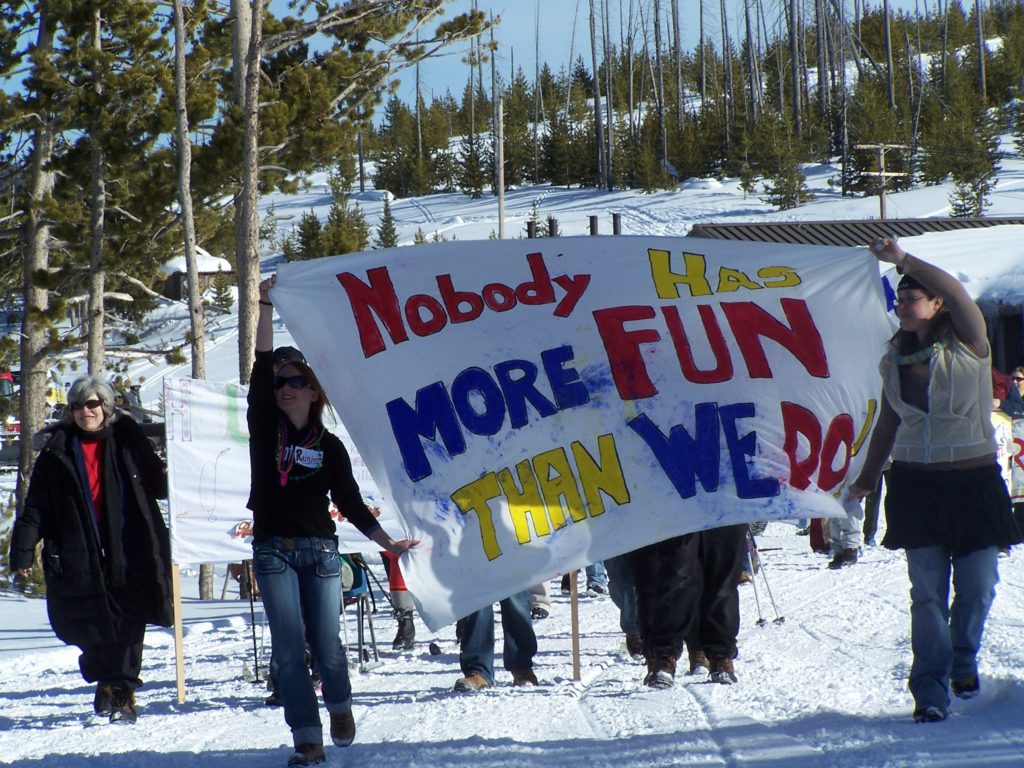
A current employee estimates the Winter Olympics program has donated tens of thousands of dollars since fundraising began in 2006.
The games used to conclude with closing ceremonies on March 1, which is Yellowstone’s official “birthday.” President Ulysses S. Grant signed the bill into law creating the world’s first national park on March 1, 1872.
But the winter season has grown shorter over the years. This year, the last night for overnight guests is Feb. 26 and most of the seasonal concession employees will be snowcoached out on March 1.
And, from the classic American film “Caddyshack,” comes the catch phrase of the Snow Lodge Winter Olympics: “Gunga Galunga.”
And just like the banner in the photograph above says, “Nobody has more fun than we do.”
 Yellowstone Insider Your Complete Guide to America's First National Park
Yellowstone Insider Your Complete Guide to America's First National Park
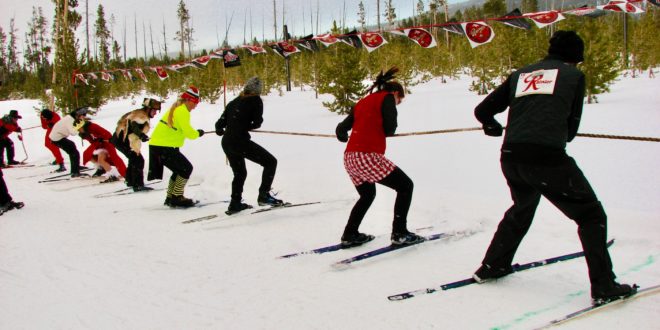
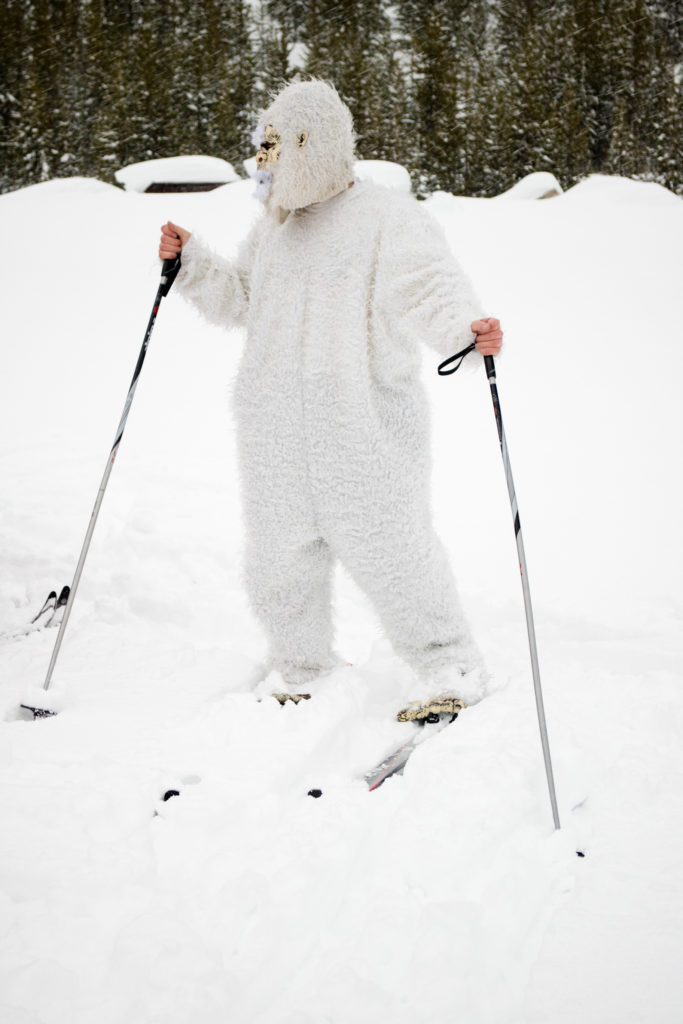
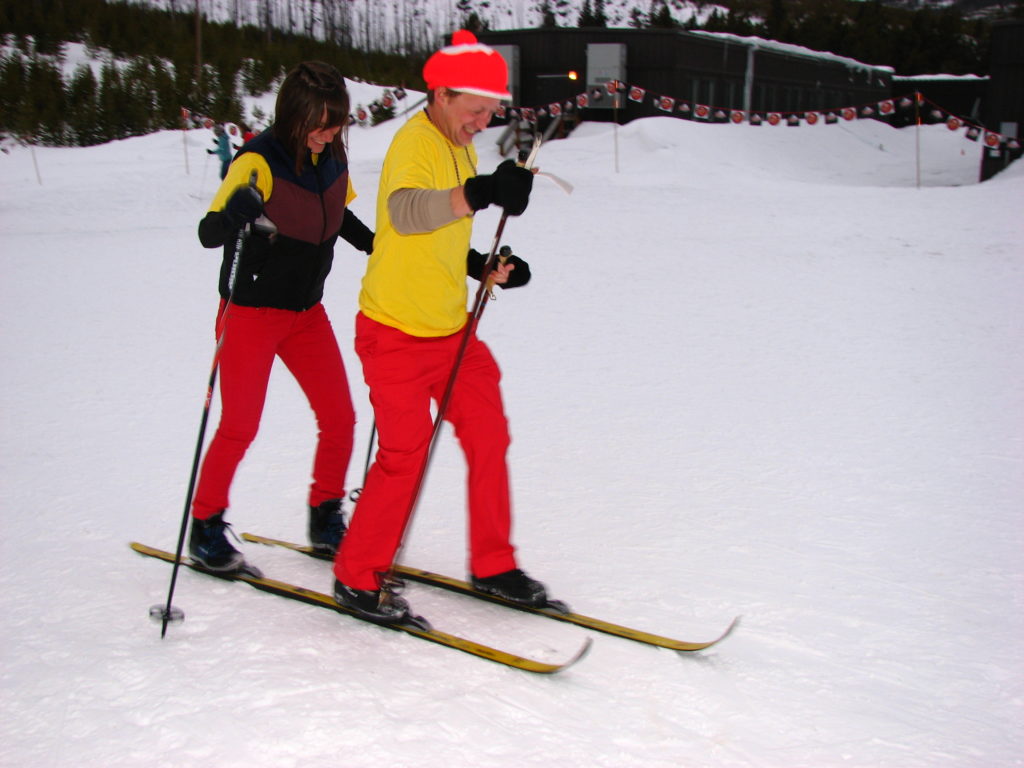
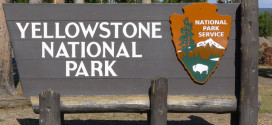
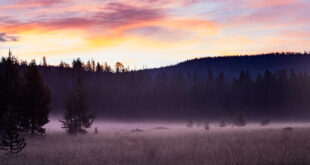
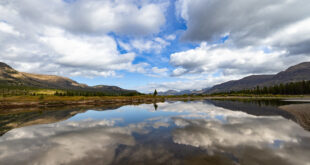
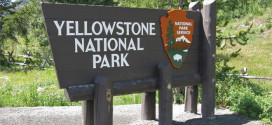
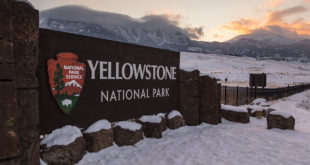
You must be logged in to post a comment.